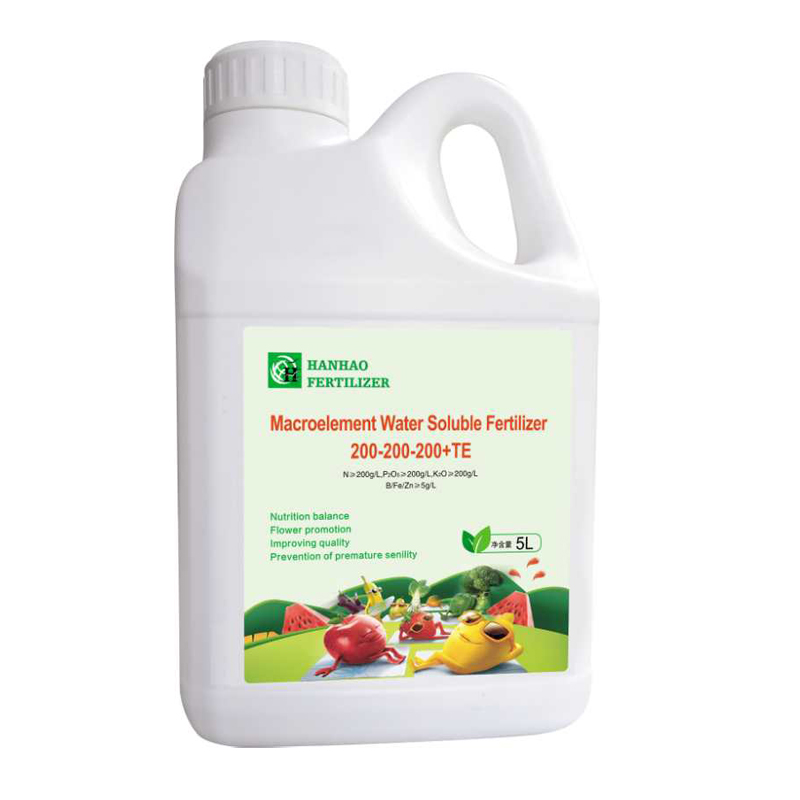
Oct . 14, 2024 14:19 Back to list
Exploring the Benefits and Uses of Potassium Humate in Agriculture and Gardening
The Benefits and Uses of Potassium Humate in Agriculture
Potassium humate is a fascinating natural substance derived from the decomposition of organic matter, specifically humic substances. It is a key player in enhancing soil fertility and improving plant growth, making it an invaluable resource in the agricultural industry. As farmers and gardeners continuously seek sustainable and effective ways to maximize yield, potassium humate has emerged as a significant component in their arsenal.
One of the standout features of potassium humate is its high concentration of humic acids, which play a vital role in improving soil health. These acids help to increase the soil's cation exchange capacity (CEC), allowing it to retain essential nutrients and make them more available to plants. By enhancing nutrient availability, potassium humate reduces the need for chemical fertilizers, promoting a more organic approach to agriculture.
The Benefits and Uses of Potassium Humate in Agriculture
In addition to its benefits for soil health, potassium humate is an excellent source of potassium—a critical macronutrient required for plant growth. Potassium is vital in various physiological processes, including photosynthesis, respiration, and the synthesis of proteins and starches. Incorporating potassium humate into fertilization regimes can provide plants with a steady supply of this essential nutrient, promoting optimal health and development.
pottasium humate

Moreover, potassium humate has been shown to stimulate root growth. Healthy root development is crucial for plants to access water and nutrients effectively. The application of potassium humate encourages the formation of fine root hairs, which increase the surface area for nutrient absorption. This enhanced root system paves the way for more robust plants, capable of withstanding environmental stresses.
Potassium humate also plays a role in disease resistance. Its application can activate defense mechanisms within plants, helping them to fend off pathogens and pests. By promoting healthier plants that are more tolerant to diseases, potassium humate contributes to reduced losses in crop yield and quality, making it an excellent choice for organic farmers and those striving for sustainable practices.
Furthermore, potassium humate can be easily integrated into existing agricultural practices. It is compatible with various fertilizers and can be applied through different methods, including foliar sprays and soil applications. This versatility makes it an attractive option for farmers seeking to improve their crop management strategies.
In conclusion, potassium humate is a powerful natural amendment that offers numerous benefits for soil health and plant productivity. From enhancing nutrient availability and soil structure to promoting root growth and disease resistance, its advantages are wide-ranging and significant. As the agricultural community continues to prioritize sustainable practices and organic farming, potassium humate serves as a key component in achieving these goals. By investing in potassium humate, farmers can not only improve their yields and profitability but also contribute to a healthier and more sustainable agricultural ecosystem.
-
Premium 8 12 16 Fertilizer – High-Efficiency Compound & Granular NPK Supplier
NewsJun.10,2025
-
High Quality Agricultural Grade NPK Fertilizer Manufacturer & Supplier Reliable Factory Price
NewsJun.10,2025
-
Organic Fertilizer for Corn Boost Yield Sustainably
NewsJun.10,2025
-
Organic Fertilizer for New Plants Natural Growth Boost & Eco Nutrients
NewsJun.10,2025
-
Optimized Hydroponic NPK Fertilizer – Fast Growth & Nutrients
NewsJun.09,2025
-
Top-Rated NPK Fertilizer for Fruit Trees - Boost Growth & Yield
NewsJun.09,2025
